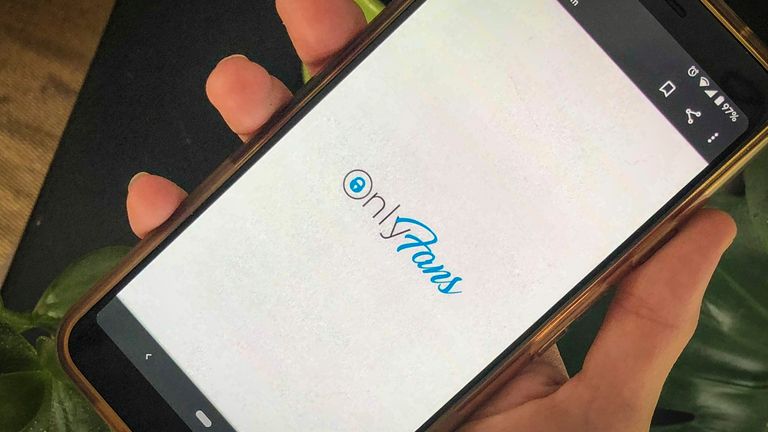OnlyFans has scrapped a new policy that would have banned users from posting “sexually explicit” material.
The online subscription platform known for adult content announced on Wednesday that it would not be implementing the planned change for 1 October.
“We have secured assurances necessary to support our diverse creator community and have suspended the planned October 1 policy change,” OnlyFans tweeted.
“An official communication to creators will be emailed shortly,” the firm added in a separate tweet.
Thank you to everyone for making your voices heard.We have secured assurances necessary to support our diverse creator community and have suspended the planned October 1 policy change. OnlyFans stands for inclusion and we will continue to provide a home for all creators.
— OnlyFans (@OnlyFans) August 25, 2021The London-based company’s U-turn follows its announcement last week that it would ban images and videos showing “sexually explicit conduct”.
AdvertisementOnlyFans later said the prohibition policy was in compliance with the requests of its banking partners and payment providers.
In an interview with the Financial Times, founder Tim Stokely blamed “unfair” treatment by banks that made it difficult for the company to pay creators.
More on Onlyfans OnlyFans bans ‘sexually explicit’ images and videos – but nude content still allowedThe platform, where fans pay creators for their photos and videos, was set up in 2016.
It has boomed in popularity during the COVID-19 pandemic and says it now has 130 million users.
The site carved out a niche in the growing creator economy – an industry of online content creators who are earningmoney directly from fans through social media platforms.
OnlyFans is currently facing tax investigations in multiple jurisdictions, and is fighting against a bill of more than £10m in the UK.
A judgment in that case is waiting for clarification from the European Court of Justice, though that clarification has been delayed due to the impact of COVID-19.
